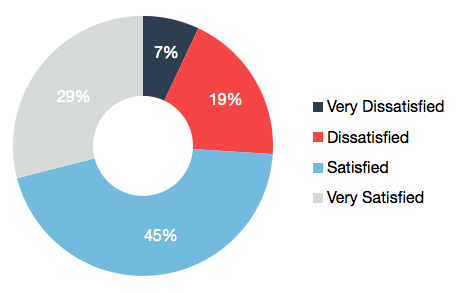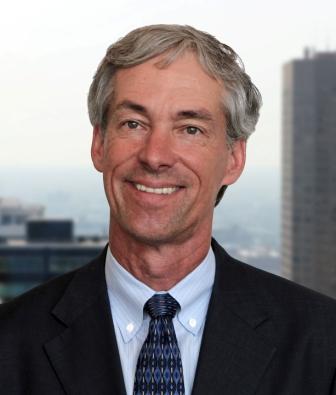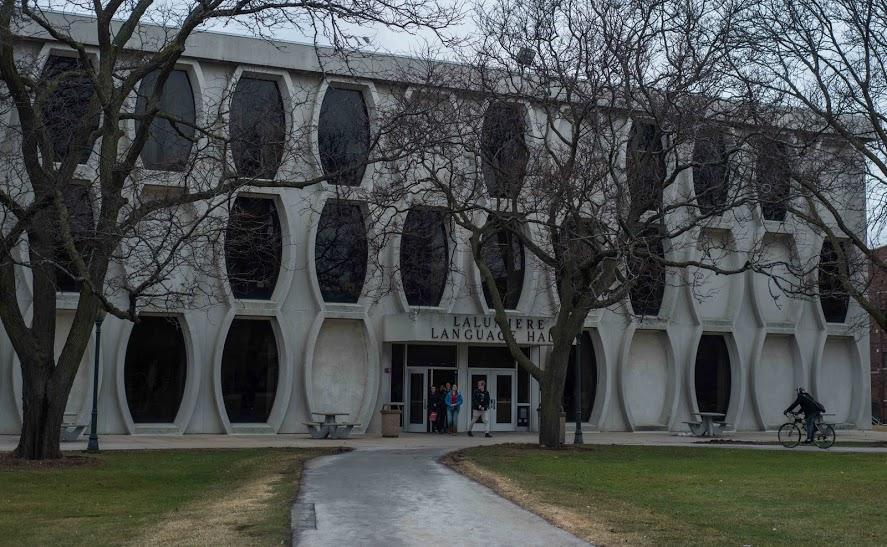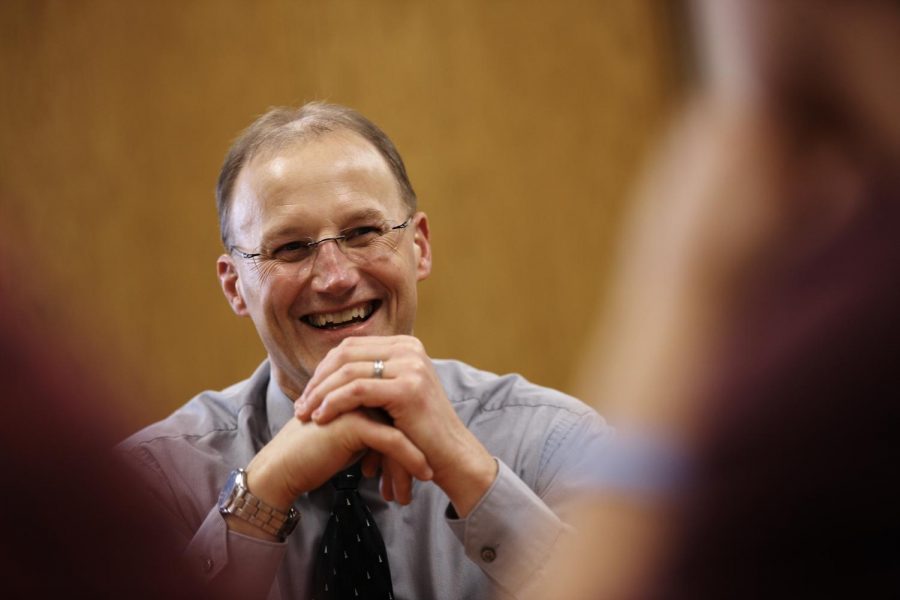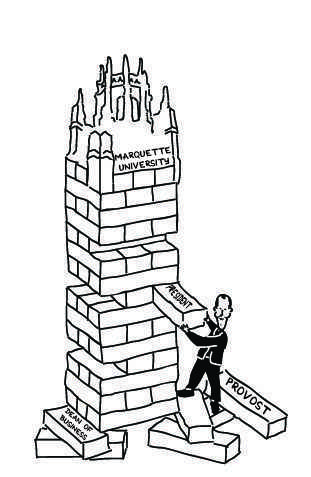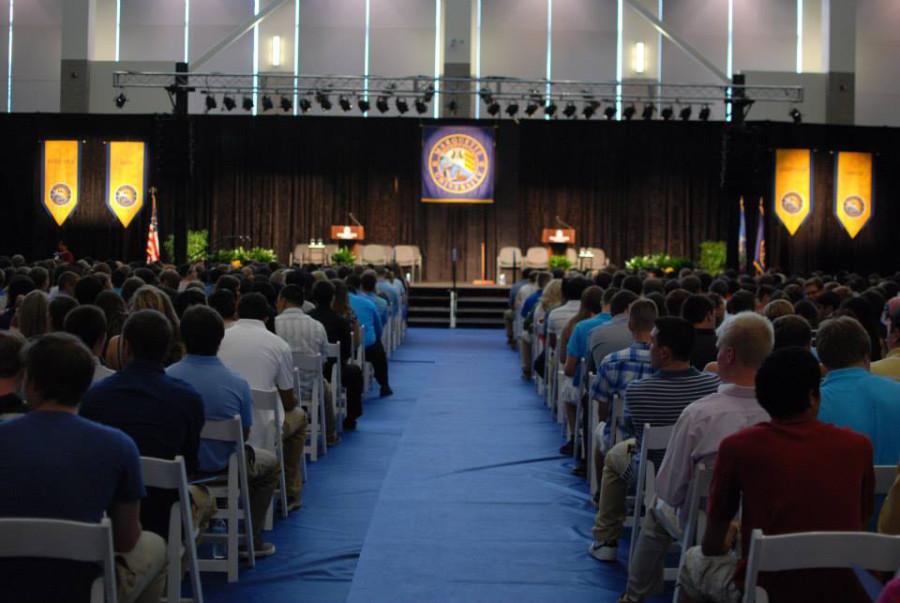University President the Rev. Scott Pilarz sent an email last Thursday addressed to university “colleagues,” saying the next dean for the College of Arts & Sciences will be announced “in the coming days.” In the email, he also informed faculty there will be a 2 percent salary increase in 2013.
The email was sent 14 days after the last visit from the remaining candidates in the search. The four finalists are Patricia Okker, a professor of English at the University of Missouri-Columbia; Marc Muskavitch, a professor of biology at Boston College; Erik Herron, a professor of political science at the University of Kansas; and Richard Holz, a professor of chemistry at Loyola University – Chicago.
“Be assured that the academic leader who will soon guide Marquette’s largest college will be an accomplished and dynamic one,” Pilarz wrote.
In addition to visiting Marquette’s campus, each of the candidates gave a presentation in which he or she addressed the role of arts and sciences at a Catholic, Jesuit university in the 21st century. Each presentation lasted about 20 minutes and was followed by a question and answer session.
Before thanking those involved in selecting the next dean of the College of Arts & Sciences, history professor Phillip Naylor opened the first of the presentations with his preliminary experience as chair of the search committee.
“As chair of the search committee for a dean of our college, I have hardly been bored, and my optic has had to change,” Naylor said. “I have had to study our college in breadth and depth.”
Brian Dorrington, director of university communication, said the candidate who is selected will not begin her or his term as soon as the announcement is made.
“The new dean is expected to start July 1,” Dorrington said. “We expect to know more about the decision in the next week.”
This comes almost three years after the controversy surrounding Jodi O’Brien, who was offered the position in April 2010. O’Brien, who is openly gay, has published research regarding gay and lesbian studies. As a result, former University President the Rev. Robert Wild rescinded the offer, saying he felt that some of O’Brien’s writings conflicted with the university’s mission and identity.
Pilarz wrote in the email about “allocating precious resources.” Pilarz went into detail about the strength of Marquette’s academic faculty, as well as the “sound financial stewardship” that has allowed the university to preserve its strengths.
“This allocation reflects a conviction I share with others in leadership that Marquette’s faculty and staff are the university’s great source of strength,” he wrote.
Dorrington said there will be a 2 percent salary raise for specific faculty members, not Marquette’s staff as a whole. He said those chosen for salary increases will be selected by leadership within the university.
“The allocation of funding for salaries does not mean employees will automatically receive raises – merit-based salary increases vary by individual and position,” Dorrington said. “Deans and vice presidents have discretion in allocating their respective salary pools by unit, based on annual performance reviews and market and equity adjustments.”


